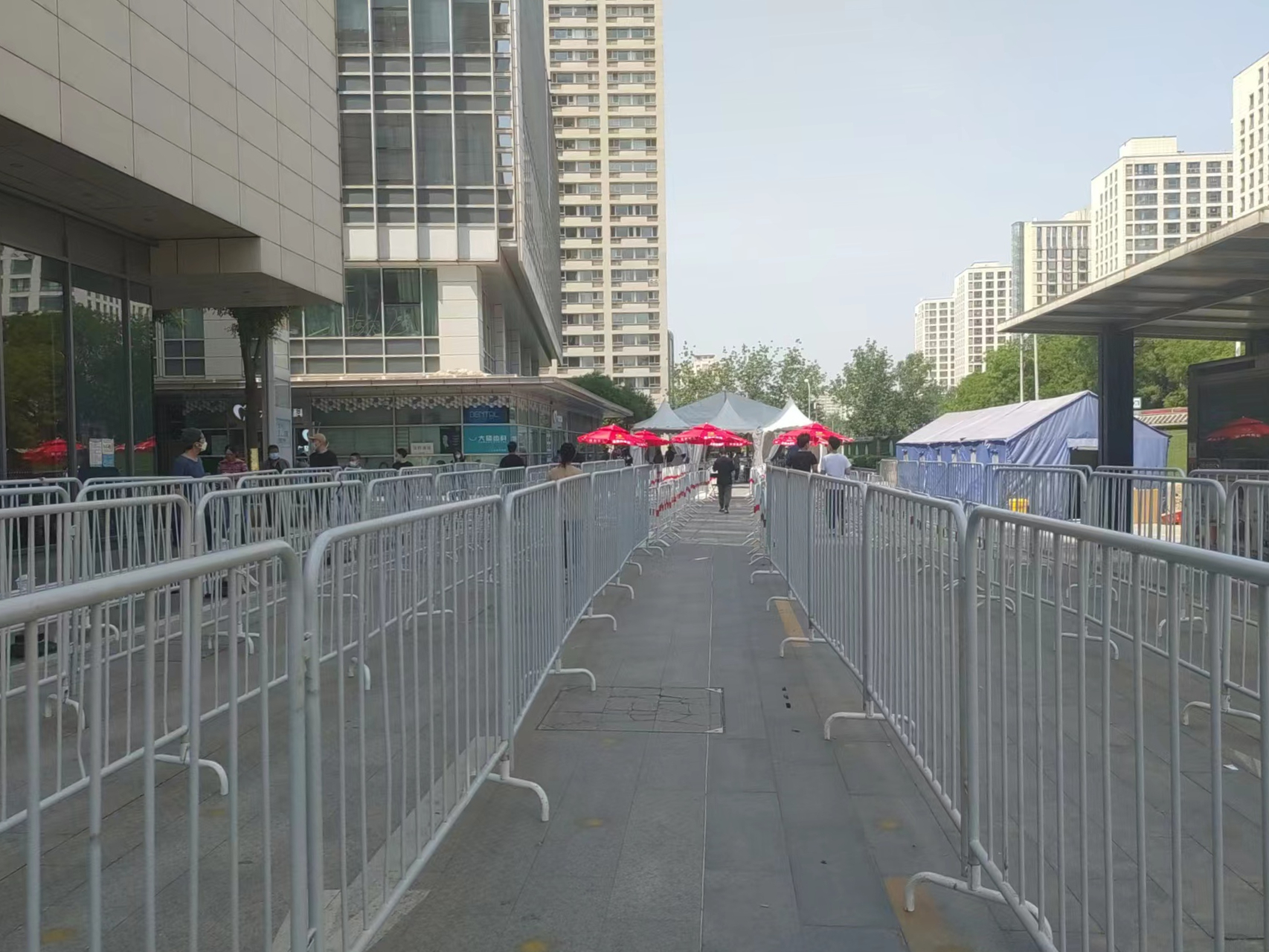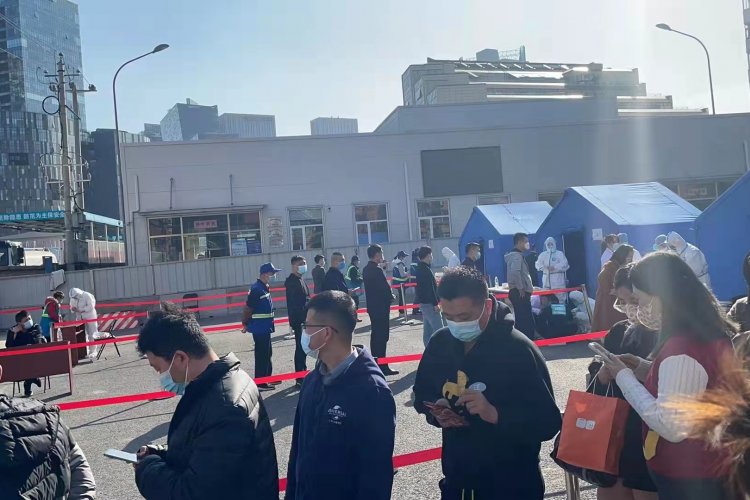Covid Aside, Does Policy Discriminate Against or Privilege Foreigners?
In the first wave of Covid, I wrote a blog pointing to a scientific theory that crises of public health can inflame xenophobic sentiment. Evolution, the theory goes, gave us the instinct to inoculate ourselves socially in response to the spread of pathogens.
At this point, there can be little doubt that the public sentiment in China has not been favorable to foreigners living within the country’s borders. I won’t go into personal details; if you are a foreigner living here, you already know what I’m talking about. If you’re not, a quick look at the comment section on our previous blog should be enlightening.
(By the way, if you find that this article contradicts one linked above, please note that is natural. A publication is a forum of ideas, not the mouthpiece of one mind.)

But there is public sentiment, and then there is policy -- and the latter informs the former far more than visa versa.
Putting Covid aside for a moment, I want to quickly examine China’s policies as they relate to foreigners, keeping in mind that there are two sides to the coin. Then I want to return to the issue of Covid related policy as well as public sentiment as it affects foreigners.
Some time ago, around 2013, a spike in public sentiment followed the publication of a viral blog that argued foreigners enjoy greater privilege in major cities than Chinese migrants from rural areas. It was a valid argument: migrants can find it impossible to obtain a 户口 hukou, while foreigners can enjoy many of the same privileges that come with a hukou simply by obtaining a job in the city.
Another common point that comes up on social media, usually in regards to Chinese celebrities with foreign passports, is that it is much, much easier for a foreigner to gain admittance into a prestigious Chinese university than it is for a given Chinese student, even with stellar Gaokao scores.
But Chinese policy and infrastructure is by no means built for foreigners. The most obvious point is that foreigners need to register at the police station any time they move house, return to China, or change visas. When traveling, foreigners must search for a hotel that has the capability to register them.

On this issue, there is often a lack of self-awareness on the part of locals on how this might be viewed as discriminatory. After the famous 2018 controversy of a Chinese family being denied a hotel room because they arrived a day earlier than they had booked, the Global Times briefly published an opinion piece on their website (since deleted) that told of how easy it was to check into a hotel in China, and how no other country’s hotels could possibly make it as easy for foreigners. The piece was later deleted when the Times realized the contributor had been pulling their leg.
Meanwhile, any new policy almost always makes foreigners wait to enjoy the benefits, which sometimes never reach the same level of convenience that those with a Chinese ID card enjoy. For example, it was years before foreigners could skip the ticketing lines at the train station as the automatic ticketing machines didn’t support passports.
In the Covid era, similar inconveniences are abundant: Beijing’s health kit is only available for foreigners through the WeChat app, and even though Chinese can now view negative test results on the same page as the green code, foreigners still must navigate multiple pages.
Foreigners must call to book services that locals can sign up for on an app. These are little things, but here at the Beijinger, we regularly make calls to official departments to ask about if and when certain benefits will be made available to foreigners, and we pass on writing about new policies because they will never be available to foreigners -- these things add up.
More to the point, there are cases in which foreigners have been denied access to certain locations -- usually unlawfully, and this can often be eventually cleared up by calling the 12345 hotline. This form of discrimination is not a direct result of policy, just as the calls for a foreigner to wear a mask while multiple locals stand around maskless are not a result of the policy.
But it is the result of public sentiment, which is indirectly tied to policies that are viewed as privileging foreigners. Meanwhile, foreigners feel the discrimination that results from public sentiment, and locals wonder how such privileged foreigners can claim discrimination -- without breaking down barriers to communication, the cycle continues.
In short, yes foreigners enjoy certain privileges, yes discrimination against foreigners exists, and yes, Covid has exacerbated it. From a policy perspective, foreigners are often overlooked, and the result may be mere inconvenience, but the symbolism of being overlooked has significance.
It can be difficult to have serious discussions about foreigner-Chinese relations in which foreigners deny privilege and locals deny discrimination. We can only hope that both can be acknowledged in the future, but that time will probably have to wait until the virus that clouds all such discussion gets out of the way.
READ: No, Covid Rules Don't Single Out Foreigners
Images: The Beijingers, Unsplash
Related stories :
Comments
New comments are displayed first.Comments
![]() China Boy
Submitted by Guest on Fri, 05/06/2022 - 19:28 Permalink
China Boy
Submitted by Guest on Fri, 05/06/2022 - 19:28 Permalink
Re: Covid Aside, Does Policy Discriminate Against or...
Actually I do have a privelege, I can leave. The only downside is coming back is now virtually impossible.
![]() China Boy
Submitted by Guest on Fri, 05/06/2022 - 13:38 Permalink
China Boy
Submitted by Guest on Fri, 05/06/2022 - 13:38 Permalink
Re: Covid Aside, Does Policy Discriminate Against or...
Enjoy certain privileges? No discernible privileges for me as far as I'm concerned.
Validate your mobile phone number to post comments.







